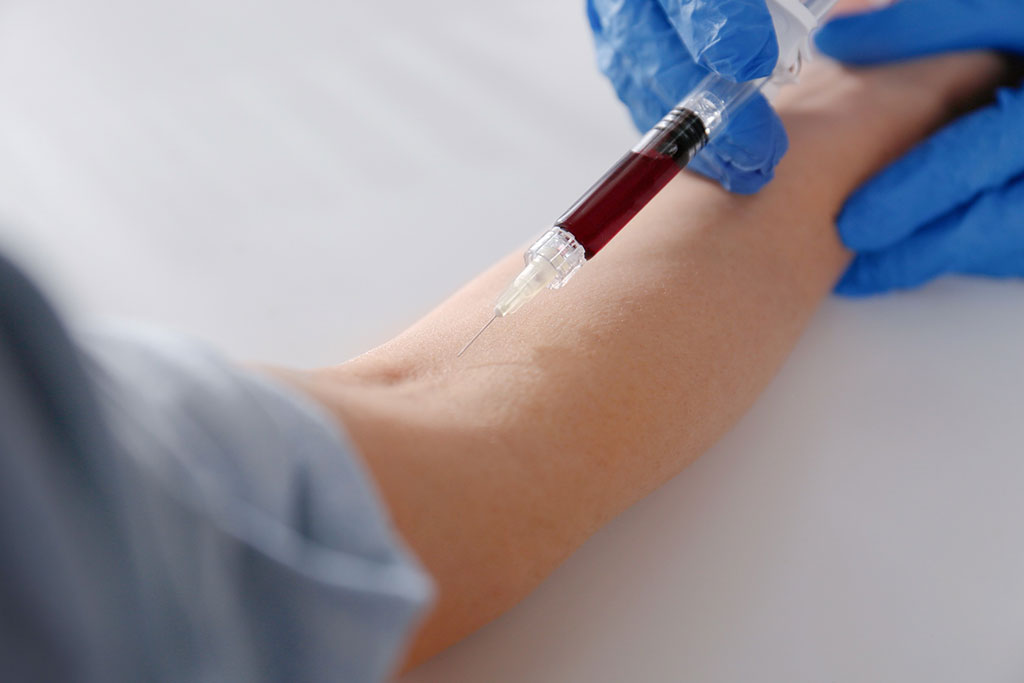Liquid Biopsy Test Identifies Over 1,000 Pathogens from Single Blood Draw within 24 Hours
Posted on 11 Oct 2023
Pneumonia poses a serious health risk, especially for those currently being treated for blood cancer, who are generally more susceptible to infections. Identifying the exact cause of pneumonia in such patients is both challenging and vital for effective treatment. Now, a blood test based on metagenomics next-generation sequencing (NGS) of microbial cell-free DNA has been shown to increase the identification of pathogens causing pneumonia in immunocompromised patients when combined with routine care diagnostic testing.
The Karius Test from Karius Inc. (Redwood City, CA, USA) is a liquid biopsy that can rapidly and non-invasively identify over 1,000 types of pathogens from just one blood sample. Its primary function is to assist doctors in diagnosing infections in immunocompromised patients. The test can identify a range of conditions, including pneumonia, invasive fungal infections, and others that could lead to fever in neutropenic patients. This innovative test could eliminate the need for multiple, invasive, and often inefficient diagnostic procedures, speeding up treatment for those who are critically ill. Results from the Karius Test are usually available the day after the sample is received, which is much faster than standard testing procedures that can take several days or even weeks.

The PICKUP Study, a pioneering collaborative research effort by ten top medical institutions, explored the additional diagnostic value that the Karius Test could provide in treating pneumonia in blood cancer patients. This study specifically looked at the percentage of patients for whom the Karius Test could identify the pneumonia-causing pathogen when standard diagnostic tests had failed to do so within seven days of admission. The study found that the test accurately identified the likely cause of pneumonia in 12% (21 out of 173) of patients when all other tests, including bronchoscopy, had failed. The research also highlighted that for 81% (17 out of 21) of these patients, the treatment could have been more effectively tailored if the Karius Test had been used. Moreover, the test was successful in detecting hard-to-identify pathogens such as Rhizomucor pusillus, Nocardia cyriacigeorgica, Legionella species, and Aspergillus fumigatus, among others, where traditional tests had come up short.
“These patients have much to gain through an improved etiologic diagnosis, and the better and more directed treatment of these infections that make this possible,” said Brad Perkins, Chief Medical Officer at Karius. “This is not only beneficial in the avoidance of the direct morbidity and mortality associated with these infections (26.6% of our enrolled patients died during this study) but in also gaining earlier and uninterrupted access to in-many-cases increasingly life-saving treatments for their underlying disease, in this case hematologic malignancies.”
Related Links:
Karius Inc.














